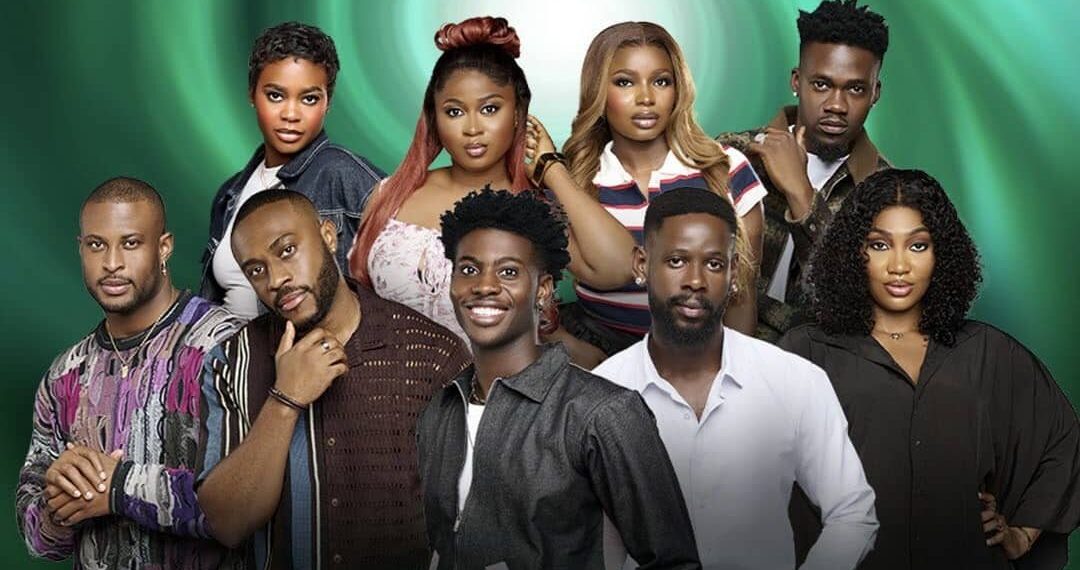
In relationships, whether you’re in the bustling streets of Lagos or the lively communities of Accra, it’s a given—nobody is flawless. Our partners, friends, and crushes all have ways of doing things that might sometimes make us pause. But how do you know if you’re dealing with a harmless personality trait or a deeper issue that could affect your well-being? Recognising the line between endearing quirks and serious red flags can shape not just your happiness, but your emotional health as well.
Here, we break down practical steps to help you spot the difference and focus on what truly builds a fulfilling relationship.
What Are Quirks?
Quirks are those unique bits of a person that make them memorable—not always “normal,” but not at all harmful. In West Africa, these might look like someone dancing while cooking, always wanting extra pepper in their jollof, or obsessively turning off the generator before bed even during NEPA outages. You might catch yourself raising an eyebrow, but over time, these habits often become things you fondly associate with them.
What Counts as a Red Flag?
Unlike quirks, red flags hint at deeper problems that may lead to trust issues, emotional distress, or toxic patterns. These are not just passing annoyances. In a Nigerian or Ghanaian context, red flags could mean consistent disrespect, manipulation, or any behaviour that undermines one’s sense of security or value. Ignoring such warning signs might lead to greater trouble in the future.
To help you navigate this sometimes confusing territory, consider the following guide when thinking about your relationship:
1. Does Their Behaviour Make You Feel Unsafe or Disrespected?
If a person’s actions cross boundaries or make you feel uncomfortable—even if they say “I’m just joking”—it could be a red flag.
– Red Flag: They become angry or unreasonably jealous whenever you spend time with friends or relatives, especially in family-centred cultures where connection is crucial.
– Quirk: They teasingly remind you that you always order amala and ewedu at every restaurant.
Listen to your instincts. When something feels wrong deep down, it most likely is.
2. Do They Make an Effort to Adjust When Needed?
Growth and compromise are key features of healthy relationships in any society.
– Red Flag: They act like your feelings don’t matter, dismissing your worries or never apologising for actions that hurt you.
– Quirk: They crack jokes about running late for your owambe, but genuinely make an effort not to keep you waiting at important functions.
Actions always speak louder than words. Someone who cares will do what it takes to make things right, especially when it’s important to you.
3. Are There Clashes in Your Core Values?
Sometimes, what seems quirky at first might reveal key incompatibilities. Discussing values early on can prevent misunderstandings down the line.
– Red Flag: You treasure family gatherings and tradition, but they put down your cultural practices and refuse to participate.
– Quirk: When introduced to your festive traditions, they’re awkward but open to joining in and learning.
Big differences in fundamental beliefs—like respect, trust, generosity, or faith—are often more significant than any habit or hobby.
4. What’s the Effect on Your Self-Esteem?
In Nigerian society, friends and partners are often expected to support each other’s aspirations and growth.
– Red Flag: They routinely belittle your achievements, physical appearance, or dreams, making you doubt yourself.
– Quirk: They joke about your habit of starting too many projects but show up for every exhibition or market day to cheer you on.
When Do Quirks Turn Into Red Flags?
Not all quirks stay harmless. Behaviour that is initially just unusual can, over time, become exhausting or even harmful, especially if it repeatedly affects your happiness or comfort.
For instance:
– Harmless Quirk: Enjoying lively conversations about everything from politics to music, which is common at family gatherings and buka joints.
– Emerging Red Flag: Every chat becomes a heated argument, where they always want to have the last word, leaving you mentally drained.
Watch for patterns over time. If a small annoyance keeps cropping up until it becomes a source of stress, it’s worth reassessing the relationship dynamic. As Lagos-based relationship coach Ada Nwosu notes, “In West African cultures, patience is valued, but your well-being comes first.”
Identifying Your Boundaries and Dealbreakers
Tolerances differ—what one person can brush off, another may never accept, and that’s perfectly okay. Knowing your limits is essential, especially in cultures where extended family and friends often weigh in on your private life.
Here are steps to clarify where you stand:
- List your key non-negotiables: What behaviours or values must your partner share for you to feel respected?
- Seek perspectives from trusted family, friends, or a local counselor. External viewpoints can give much-needed clarity, especially when emotions are involved.
- Regularly reflect: Are you genuinely satisfied, or are you making excuses for someone who habitually crosses your boundaries?

Healthy relationships are not devoid of disagreements or challenges. However, according to clinical psychologist Dr. Kofi Owusu of Accra, “Being able to differentiate between quirks and red flags can help individuals choose partners who honour their self-worth and life goals.”
Ultimately, striking a balance is key. Take pride in embracing those little things that make your partner unique, but don’t overlook problems that can compromise your emotional health or future happiness. In an age where conversations about relationships are breaking traditional boundaries across Africa, respect, understanding, and compassion remain as vital as ever.
What about you? Have you ever confused a red flag for a quirk, or vice versa, in your relationships? Do you feel comfortable setting boundaries in dating or marriage within your local setting, especially with traditional expectations in play?
Share your thoughts in the comments below and connect with others on this journey to healthier relationships.
Want your relationship story featured or have advice to share? Reach out—your experiences matter! Email us at
story@nowahalazone.com.
For general support or questions, contact support@nowahalazone.com.
Stay up-to-date and join the conversation by following us on
Facebook,
X (Twitter),
and Instagram!
Got a story to share or sell? Email us at story@nowahalazone.com to get your voice heard and inspire others!










